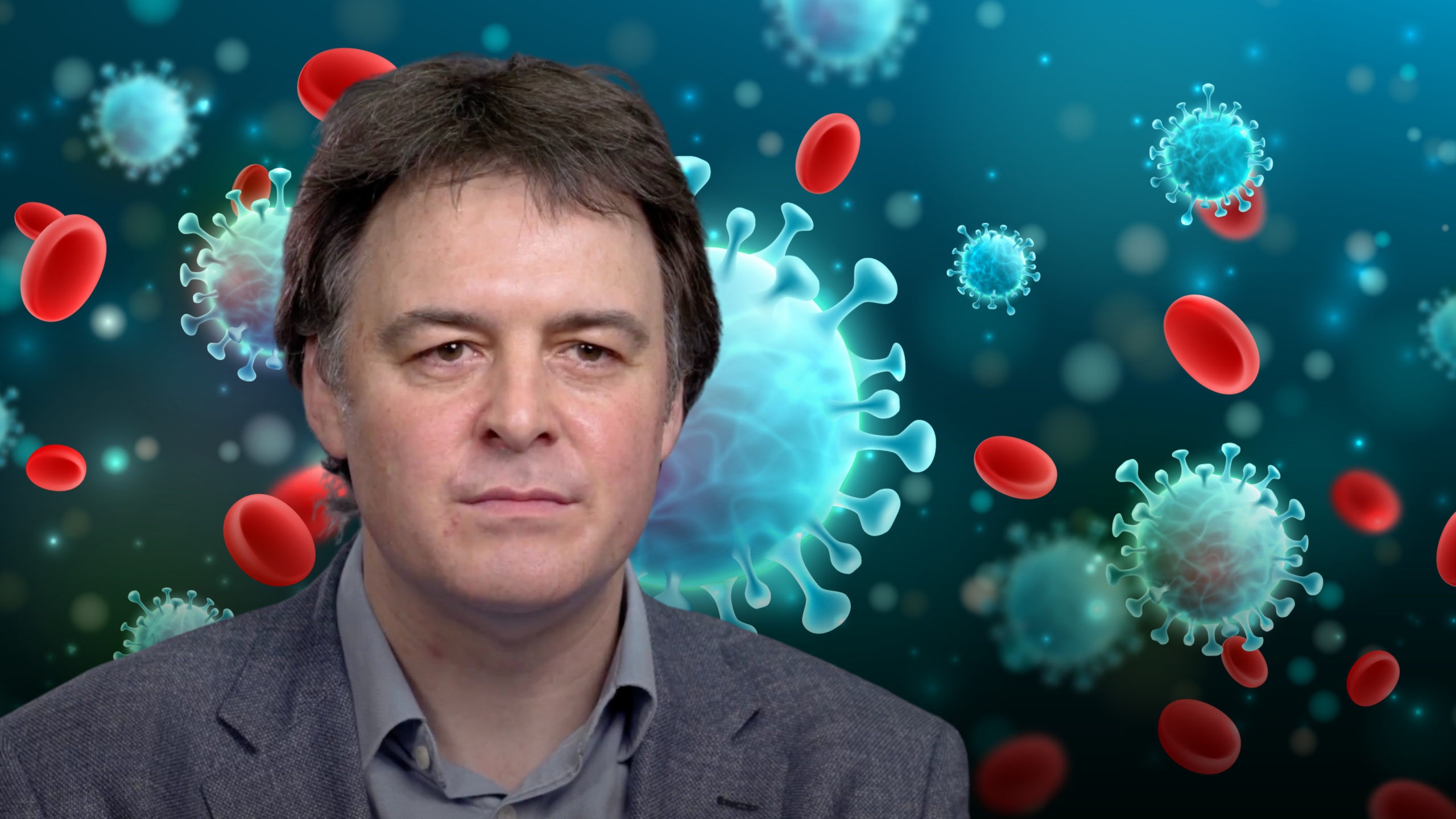
A Cognitive Analysis of COVID-19 II

Christian Hunt
25 years: Behavioural science & compliance
In the second video of this COVID Cognition series, Christian outlines how we can overcome and improve on the weaknesses highlighted by COVID-19, and provides a unique technique - 'Outrageous Opposites' to overcome our irrational thought processes.
In the second video of this COVID Cognition series, Christian outlines how we can overcome and improve on the weaknesses highlighted by COVID-19, and provides a unique technique - 'Outrageous Opposites' to overcome our irrational thought processes.
Subscribe to watch
Access this and all of the content on our platform by signing up for a 7-day free trial.

A Cognitive Analysis of COVID-19 II
10 mins 21 secs
Key learning objectives:
Understand why we often put major challenges, like COVID-19 in the “too hard” box
Explore what some of the common responses to COVID-19 were and why people adopted them
Learn a technique you can use to overcome the limitations of our ways of thinking
Overview:
COVID-19 has caused significant disruption to our lives and ways of working. In this session, we explore the common responses that our brains are likely to have to the situation and a technique that we can use to overcome that.
Subscribe to watch
Access this and all of the content on our platform by signing up for a 7-day free trial.
Why do we ignore significant challenges?
As a species, we naturally crave security, predictability and stability. It makes our lives so much easier when the world around us remains constant, and we can rely on tried and tested approaches to get through the day. Having to think about significant challenges, consumes a considerable amount of energy. If we've spent a lot of time and energy thinking about something, then we're likely to rely on that for future decision-making.
Why might we have responded to COVID-19 with denial?
If you're not used to having pandemics, then there's a strong temptation to conclude that they won't happen in your country. Because they're not something you've ever experienced, they're not something you can easily contemplate. Past experience tells you the likelihood of them happening is low to non-existent.
Why might we have responded to COVID-19 by making comparisons that weren’t necessarily relevant?
When we’re trying to understand something, we look for experience that we think is relevant to guide us. Even when it isn’t. This is why many people compared COVID-19 to the flu; it’s a convenient reference point.
What are common impediments to solving problems?
The responses we use to some problems are to rely on a presumption that either things aren’t as bad as we’d hope (the ‘denial’ response) or that they are analogous to things we’ve experienced before. Therefore we can approach them in a similar manner. Both might lead us to adopt poor strategies.
What is ‘Outrageous Opposites’?
‘Outrageous Opposites’ is a technique that encourages us to think creatively about the problem we’re trying to solve. Not by thinking about it, but rather by thinking about extreme alternatives to our current approach to the problem we’re trying to solve. Those extreme alternatives aren’t necessarily going to provide a solution. But they can encourage a way of thinking, that might deliver one.
Subscribe to watch
Access this and all of the content on our platform by signing up for a 7-day free trial.

Christian Hunt
There are no available Videos from "Christian Hunt"





























